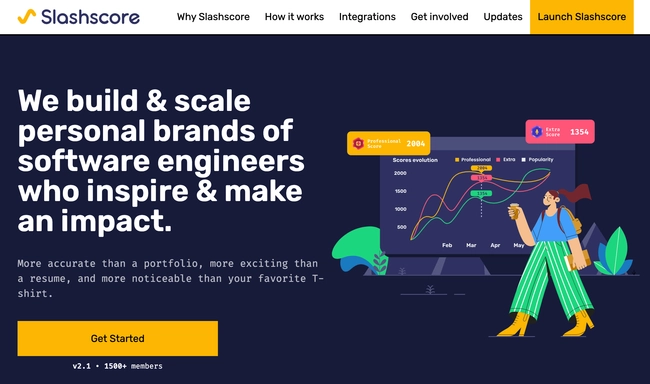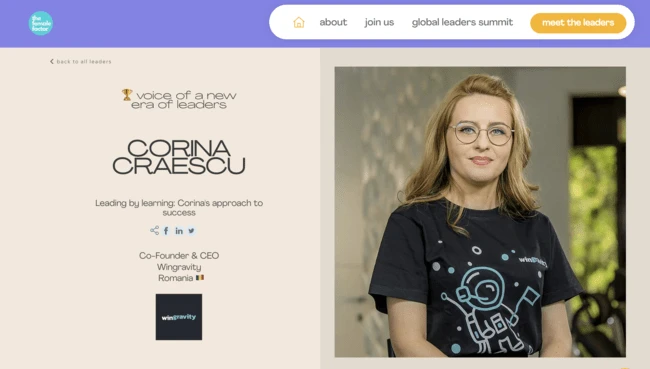Introduction
Next.js, Remix, SvelteKit, and SolidStart, have acquired substantial traction in the web development community. These frameworks introduce a paradigm transition from client-side rendering (CSR) to server-side rendering (SSR), which offers numerous benefits for both clients and software developers. Let’s examine the benefits and challenges of each:
Are you a client interested in Meta Frameworks?
If yes, consider the following compelling benefits:
Experience a flexible layout that can be easily adjusted to accommodate the needs of a larger user base and increased traffic: Server-side rendering eliminates the need for the browser to perform rendering tasks. The task is performed by the server. This enhances the speed and performance of web pages.
By using the “batteries included” approach of meta frameworks, you can simplify your work and eliminate complexity: By enabling your software engineering team to quickly fix bugs and implement new features, you can enhance the overall user experience of your application.
Meta frameworks can provide you with enhanced speed and flexibility: Experience faster page loading times, reduced waiting time for the first image to appear, and a more seamless reading experience. These tools enhance the performance of your web application by improving its rendering capabilities, resulting in a more responsive and efficient user experience.
However, it is vital to contemplate the following challenges:
Embrace the learning journey: Meta frameworks may initially present a learning curve for you, especially if you’re accustomed to traditional client-side rendering techniques. However, collaborating with experienced software engineers or agencies well-versed in meta frameworks can help ease this challenge and guide you along the way.
Navigate compatibility concerns with confidence: As with any emerging technology, there may be compatibility issues with older browsers or devices. To ensure a seamless experience across multiple platforms, it’s important to conduct thorough testing and implement fallback mechanisms when necessary.
Are you a software engineer interested in Meta Frameworks?
If yes, consider the following compelling benefits:
Develop your abilities and explore new horizons: By employing meta frameworks such as Next.js, you can expand your knowledge as a software developer. Server-side rendering expertise opens the door to diverse employment opportunities requiring full-stack development skills, making you more adaptable and versatile in the field.
Streamline your development process to achieve maximum productivity: Meta-frameworks offers a structured and opined framework, enabling you to construct applications with simplicity. With predefined conventions and tools at your disposal, you can abbreviate development cycles and bring projects to market more quickly, demonstrating your expertise and providing value to clients.
Recognize the significance of community and collaboration: Meta frameworks frequently foster thriving communities and provide extensive ecosystems, giving you access to a vast array of modules, libraries, and other resources. This support network enables you to discover solutions, collaborate with other software engineers, and share knowledge, thereby enhancing your development journey.
However, it is vital to contemplate the following challenges:
Unlock meta frameworks’ potential and embark on a learning journey: As a software engineer, employing these innovative technologies will involve a learning curve. Devote time and effort to familiarizing yourself with the framework’s concepts, conventions, and best practices. Thus, you will be able to confidently navigate the world of meta frameworks and leverage their power to develop exceptional applications.
Navigate the meta-framework landscape with informed decision-making: The proliferation of these frameworks has spurred intense competition, resulting in the convergence of features. Consequently, choosing the best framework for your project can be difficult. Keep up with the most recent developments and trends to make informed decisions. Conduct exhaustive analyses, assess the specific needs of your project, and select the framework that best correlates with your objectives. Remember that embracing the process of learning and remaining informed will enable you to maximize meta frameworks and drive innovation in software architecture.
Airbnb’s Journey to Embrace Metaframeworks’ Power
Airbnb’s decision to adopt Next.js serves as a prominent real-world example showcasing the benefits of meta frameworks and the shift towards server-side rendering (SSR).
Airbnb, which is the leading online marketplace for accommodations, faced the challenge of scaling its platform to serve millions of users while ensuring a smooth user experience. To tackle this issue, they decided to make Next.js their main framework for developing web applications.
By leveraging Next.js and its server-side rendering capabilities, Airbnb achieved noteworthy enhancements in performance and scalability. By utilizing the SSR strategy, they were able to pre-render pages on the server. This resulted in faster initial page visits and improved SEO. Furthermore, it allowed them to offer a consistent user experience across various devices and network situations.
Furthermore, Next.js offered Airbnb a comprehensive solution with a “batteries included” approach, delivering a wide range of features and tools readily available. Simplifying their development process, reducing the complexity of managing multiple frameworks and libraries, and improving the overall maintainability of their code were the benefits they gained.
By adopting Next.js, Airbnb was able to optimize the performance of its web application, iterate more rapidly, and deliver quicker feature releases. The end result was an enhanced user experience for millions of Airbnb customers worldwide.
The success of Airbnb’s implementation of Next.js highlights the advantages of meta frameworks and the growing popularity of server-side rendering. The demonstration showcases how frameworks can provide benefits such as scalability, easier maintenance, and faster feature releases. These advantages ultimately have a positive impact on both clients and their end users.
Curious about the 2nd trend of Web Development in 2023? Check out our next article: “From SPAs to SSR and Beyond”.
Conclusion
To summarize, the rise of meta frameworks gives both clients and software professionals intriguing opportunities. Clients will benefit from increased scalability, simpler maintenance, and better user experiences. Software engineers may broaden their skill set, speed up development, and connect with a thriving community.
Clients, on the other hand, should be aware of compatibility issues, and software engineers must climb the learning curve and carefully examine the available solutions.
By weighing the benefits and challenges, both clients and software engineers can make informed decisions and employ meta frameworks to develop highly effective and powerful web applications.
Ready to build a web application using the latest technologies? Contact us today!



